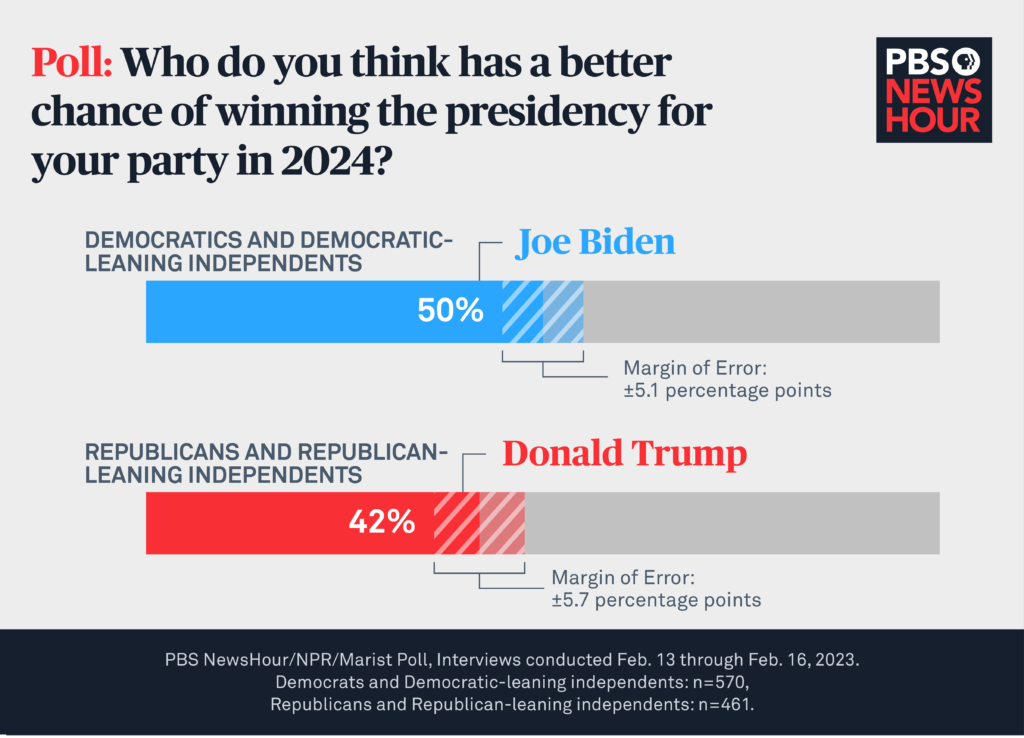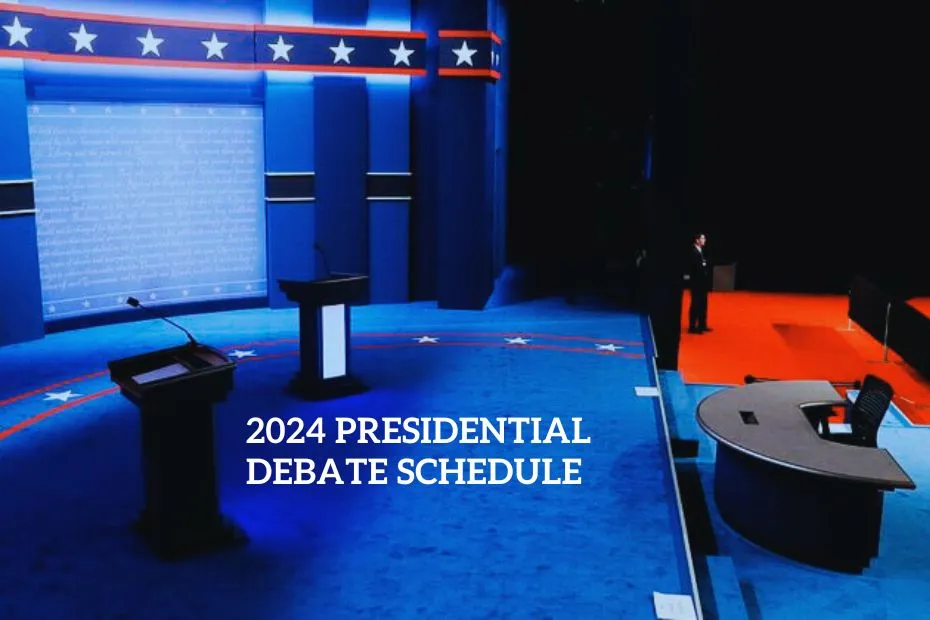Historical Context of Presidential Debates

Presidential debates have become a staple of American elections, offering voters a chance to directly compare candidates’ positions and personalities. However, the history of these debates is relatively recent, and their evolution reflects changing political dynamics and media landscapes.
Timeline of Presidential Debates
The history of presidential debates is marked by several key milestones and changes in format and impact. Here’s a timeline highlighting these developments:
- 1960: The First Televised Debate: The first televised presidential debate took place between John F. Kennedy and Richard Nixon on September 26, 1960. This landmark event introduced a new era of political communication, with millions of viewers watching the candidates face off in real time. This debate is widely credited with influencing the outcome of the election, as Kennedy’s appearance and demeanor were seen as more appealing on television than Nixon’s.
- 1976: The Commission on Presidential Debates: The Commission on Presidential Debates (CPD) was formed in 1976 to organize and oversee future presidential debates. The CPD is a non-partisan organization that sets the rules and format for debates, ensuring fairness and neutrality.
- 1980: The “Town Hall” Format: The 1980 debate between Ronald Reagan and Jimmy Carter introduced the “town hall” format, where candidates answer questions from undecided voters in a more informal setting. This format has become a popular feature of modern debates, allowing for a more direct connection between candidates and the public.
- 2000: The “Spin Room” and “Fact-Checking”: The 2000 election saw the emergence of the “spin room,” where campaign representatives provide their interpretations of the debate performance. This trend was further amplified by the rise of online fact-checking websites, which scrutinize candidates’ claims during debates.
- 2016: The Rise of Social Media: The 2016 election marked the increasing influence of social media on presidential debates. Candidates used Twitter and other platforms to engage with viewers and amplify their messages, while online commentators and pundits provided instant analysis and commentary.
Evolution of Debate Formats and Rules
The format and rules of presidential debates have evolved over time, reflecting changes in technology, media consumption, and public expectations.
- Early Debates: Focus on Policy and Substance: The early debates, such as the 1960 Kennedy-Nixon debates, emphasized policy positions and candidates’ knowledge of key issues. The format was typically a series of formal question-and-answer sessions, with limited opportunities for interaction between candidates.
- Later Debates: Emphasis on Performance and “Sound Bites”: As television became the dominant medium for news and political discourse, the emphasis shifted towards candidates’ performance and their ability to deliver memorable “sound bites.” Debates became more theatrical, with candidates engaging in direct confrontation and using rhetorical strategies to appeal to viewers.
- Modern Debates: Blend of Policy, Performance, and Media Spectacle: Modern debates represent a blend of these earlier trends, incorporating elements of policy discussion, candidate performance, and media spectacle. The format is often a mix of formal questions, audience participation, and opportunities for candidates to directly address each other.
Impact of Debates on Election Outcomes
Presidential debates have undoubtedly played a significant role in shaping election outcomes, particularly in close races. While it’s difficult to definitively isolate the impact of debates on voter preferences, several examples illustrate their potential influence.
- 1960: Kennedy’s Telegenic Advantage: The 1960 debates are often cited as a case where television played a decisive role in influencing voter perceptions. Kennedy’s youthful appearance and confident demeanor on television contrasted with Nixon’s more somber and less telegenic presence. This difference in presentation may have contributed to Kennedy’s narrow victory.
- 1980: Reagan’s “Great Communicator” Image: Ronald Reagan’s performance in the 1980 debates solidified his image as a “great communicator” and helped to solidify his lead in the polls. His ability to connect with voters through clear and concise messages contributed to his landslide victory over Jimmy Carter.
- 2016: The “Trump Effect”: The 2016 debates were marked by Donald Trump’s unconventional style and his willingness to engage in personal attacks and inflammatory rhetoric. While some analysts argued that Trump’s performance may have alienated moderate voters, others suggested that his unconventional style appealed to a segment of the electorate who were dissatisfied with the status quo.
Upcoming Presidential Debate Dates and Formats

The upcoming presidential debates are highly anticipated events that will offer voters a chance to see the candidates face-to-face and hear their positions on key issues. These debates will be crucial in shaping public opinion and influencing the outcome of the election.
Debate Schedule and Formats
The Commission on Presidential Debates (CPD) is responsible for organizing and hosting the presidential debates. The CPD has announced the following schedule for the upcoming debates:
- Debate 1: [Date], [Time], [Location]
- Format: [Format description, e.g., town hall, moderated discussion, etc.]
- Topics: [List of topics to be covered, e.g., economy, healthcare, foreign policy, etc.]
- Time Allotment: [Time allotted for each candidate and for the moderator’s questions]
- Debate 2: [Date], [Time], [Location]
- Format: [Format description]
- Topics: [List of topics]
- Time Allotment: [Time allotted]
- Debate 3: [Date], [Time], [Location]
- Format: [Format description]
- Topics: [List of topics]
- Time Allotment: [Time allotted]
Comparison of Debate Formats
The different debate formats can have a significant impact on the candidates’ performances. For example, a town hall format may favor candidates who are skilled at connecting with voters on a personal level, while a moderated discussion format may favor candidates who are more adept at debating policy issues.
| Format | Strengths | Weaknesses |
|---|---|---|
| Town Hall | Allows candidates to connect with voters on a personal level. | Can be chaotic and difficult to control. |
| Moderated Discussion | Provides a structured forum for discussing policy issues. | Can be too formal and not engaging for viewers. |
| [Other format] | [Strengths] | [Weaknesses] |
“The debate formats can have a significant impact on the candidates’ performances. Each format presents its own set of challenges and opportunities.”
Importance and Impact of Presidential Debates

Presidential debates are a cornerstone of American democracy, providing a platform for voters to directly compare candidates’ positions on critical issues and assess their leadership qualities. These televised events, often watched by millions, can profoundly influence public opinion and ultimately impact the outcome of elections.
Impact on Public Opinion and Voter Choice
Presidential debates play a significant role in shaping public opinion by offering voters a direct and unfiltered glimpse into the candidates’ personalities, policies, and communication styles. The debates provide a forum for candidates to articulate their visions for the country, respond to challenges, and demonstrate their ability to handle pressure. The exposure to these exchanges can influence voters’ perceptions of candidates, particularly for undecided voters who may be seeking information to guide their decision.
Influence on Election Outcomes
Debates can significantly impact the outcome of an election through various mechanisms:
- Candidate Momentum: A strong performance in a debate can generate positive media coverage and public attention, leading to a surge in a candidate’s popularity and campaign momentum. Conversely, a poor performance can damage a candidate’s image and undermine their support. For example, the 1960 Nixon-Kennedy debate, widely considered a turning point in the election, showcased Kennedy’s charisma and communication skills, while Nixon’s appearance, hampered by his lack of preparation and a lackluster demeanor, was perceived negatively by viewers.
- Issue Focus: Debates can set the agenda for the campaign by focusing attention on specific issues that are crucial to voters. Candidates may use the debate platform to highlight their stances on key issues, emphasizing their strengths and contrasting their positions with their opponents. The 2016 presidential debates, for instance, were dominated by discussions on issues like healthcare, immigration, and the economy, influencing the national conversation and shaping voters’ priorities.
- Voter Turnout: Debates can also influence voter turnout, particularly among undecided voters. The excitement and anticipation surrounding a debate can motivate voters to engage in the electoral process, potentially increasing turnout and impacting the overall election results.
Risks and Benefits for Candidates, Presidential debate dates
Participating in presidential debates presents both risks and benefits for candidates:
- Benefits: Debates offer candidates a valuable opportunity to reach a large audience, directly engage with voters, and showcase their strengths and policy positions. They can also use the platform to respond to criticisms, clarify their stances, and build a connection with viewers.
- Risks: Debates also carry inherent risks. Candidates can be caught off guard by challenging questions, make gaffes, or engage in unproductive arguments. These missteps can damage their image and undermine their campaign efforts. For example, the 2004 Bush-Kerry debate, during which Kerry struggled to articulate his foreign policy vision, is often cited as a turning point in the election, contributing to Bush’s eventual victory.
Mark your calendars! Presidential debate dates are crucial for shaping our nation’s future. These events offer a unique platform for voters to assess the candidates’ positions and determine who best aligns with their vision for the country. Want to delve deeper into the impact of presidential debates on American politics?
Stay tuned for the official announcement of the debate dates, and get ready to engage in the crucial conversations that will shape our nation’s future!
Mark your calendars! The presidential debate dates are fast approaching, and these events are sure to be electrifying. To get a sense of the current landscape, check out the rasmussen presidential poll , which offers valuable insights into voter sentiment.
As the debates draw nearer, the polls will become even more crucial in understanding the dynamics of the race.
